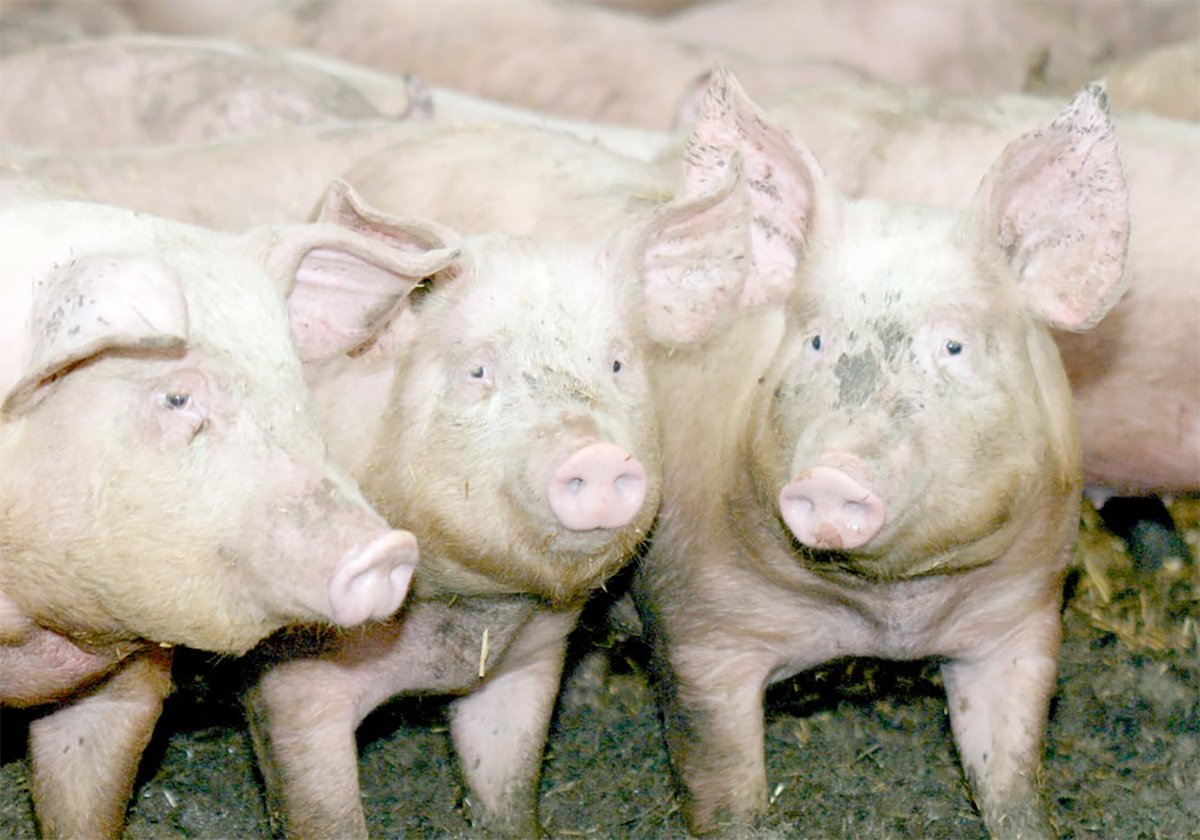Storing genetic information to help producers make better production choices and improve beef quality is a new service at the Canadian Cattle Identification Agency.
The agency plans to use its database to identify economically valuable genetic traits and link it to an animal’s individual identification number.
“We certainly need to identify the genetics and the traits and be able to go back and select for those if we are ultimately going to improve the quality of what we are producing,” said former agency manager Julie Stitt.
Read Also

The Western Producer Livestock Report – November 13, 2025
Western Producer Livestock Report for November 13, 2025. See U.S. & Canadian hog prices, Canadian bison & lamb market data and sales insights.
“We can learn from other species like pork and poultry that have certainly taken advantage of that and been able to trace back and centralize information,” she said at the recent Beef Improvement Federation meeting in Calgary.
Storing genetic information on commercial cattle is the next logical step for beef improvement, said Mark Thallman of the U.S. Department of Agriculture’s meat research centre in Clay Center, Nebraska.
Breed associations have collected considerable amounts of data that can predict an individual animal’s ability to pass on valuable qualities, but little has been done in the commercial cattle industry.
Thallman proposed a national database to store information on individuals, although he said it could be difficult in the United States because animal identification is voluntary compared to Canada’s mandatory system.
Private companies such as Pzifer Health and Merial, which run DNA tests for specific qualities such as growth, marbling ability and feed efficiency, could set up systems for the commercial sector.
“This is the reason most of the big companies are in the DNA testing business,” he said.
“They have been looking at this as their target market because the number of animals gets so much larger than the potential target in the seedstock industry.”
The cost per test has been prohibitive in the past, Thallman said, but prices have lowered enough to interest commercial producers who see the potential for improved earnings.
He suggested establishing a national cattle evaluation system with DNA marker-assisted management to provide feedback from the packer to the seedstock producer. He said another option is to share genetic information in value based marketing programs using quality grids, branded products and alliances so producers could develop animals that fit better into those programs.
Using DNA information could be like precision farming.
“Once we have decided what the target market is for each animal, what can we do differently in the management of that animal to achieve that market target in the most efficient manner,” he said.
This would mean managing animals as individuals with specific feed and care so it can reach its maximum genetic potential.
It could also result in more accurate culling of bulls and selection of replacement females.
He said there is no practical way to collect solid sire information in large herds where multiple sires are used.
However, he also said such programs must benefit everyone in the chain as an incentive to provide information.
“It is a pretty big hurdle to get over to get everybody bought into the system, and the whole system is going to have come together before anybody sees any advantage to it,” he said.
Poultry, pork and dairy have already introduced genetic changes to create higher producing animals that cost less to raise.















